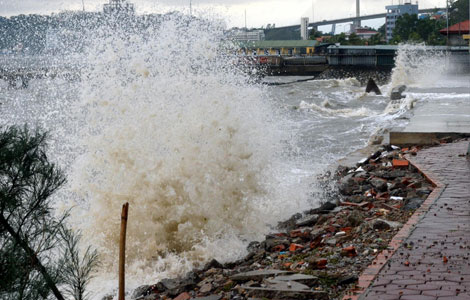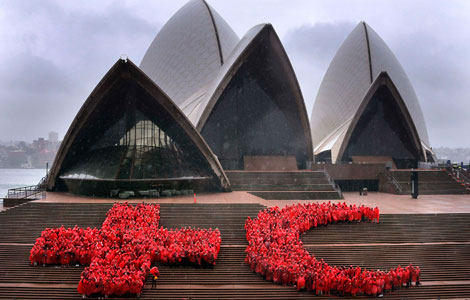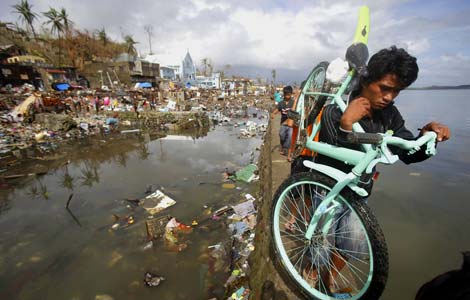

The European Court of Justice on July 19, 2012 gave a landmark judgment in which a Chinese chemicals company, Zhejiang Xinan Chemical Industrial Group Co, was cleared of accusations of unfair trade practices and that the Beijing government was controlling its trade with the European Union . The judgment's importance, however, goes beyond this particular case, since the Court's findings will make it more difficult for the EU to reject Chinese state-owned enterprises' "market economy treatment" claims.

Whether or not the EU grants MET to a Chinese company has an important impact on the anti-dumping duties level that the EU can impose. The exports of Chinese companies that have been granted MET are generally significantly lower than those of Chinese companies whose MET claims were rejected. The judgment in this case sets new standards for the MET assessment in EU anti-dumping investigations. Until now, the EU Institutions could reject Chinese firms' claims that they were operating in market economy conditions simply on the grounds that the Chinese exporting producers were owned or controlled by the State. As a result, State-owned companies had faced the threat of much higher tariffs when the European Commission investigated if goods were being "dumped" onto the European market.
The EU legislation provides that in order to be granted MET, a number of cumulative criteria needs to be met. One of these criteria refers to the absence of "State interference". The Court of Justice confirmed the General Court's findings and ruled that "State interference" can only preclude the granting of MET if the interference relates to the Chinese company's decisions regarding prices, costs and inputs. Moreover, the Court concluded that "MET claims cannot be rejected if a State merely has a certain amount of influence over those decisions. Rather, the EU can only deny MET if the State actually "interferes" in these decisions. In concrete terms, therefore, the fact that a Chinese company is owned by the State, is no longer sufficient to deny MET, contrary to the past practices of the EU Institutions. In order to comply with this judgment, the EU Institutions will have to show that the State ownership had an actual impact on the decisions regarding prices, costs and inputs of the company.
This judgment throws open the door of MET for Chinese exporting producers that are (partially) owned by the State, permitting a more objective and accurate assessment of whether a State-owned or controlled company operates under market conditions.
Interestingly, in July last year the Dispute Settlement Body of the World Trade Organization reached similar findings with respect to the impact of state ownership on another aspect of the EU's dumping determination for Chinese companies, the so-called individual treatment regime. A refusal of individual treatment for a Chinese company will generally inflate the anti-dumping duties level imposed. The DSB's findings implied that mere state ownership is not sufficient to deny individual treatment.
As a result of the recent ECJ judgment and the WTO DSB decision, State ownership as such will not be sufficient to deny MET or IT. This is a significant improvement for Chinese State-owned company, for which the incentive to claim MET and/or IT in EU anti-dumping investigations was often limited. The findings will make it easier for Chinese State-owned companies to claim market economy treatment, which is likely to have a significant effect on the anti-dumping duties level imposed on Chinese State-owned companies.
The author is a government regulation partner at Jones Day. The opinions expressed here are entirely his own.







